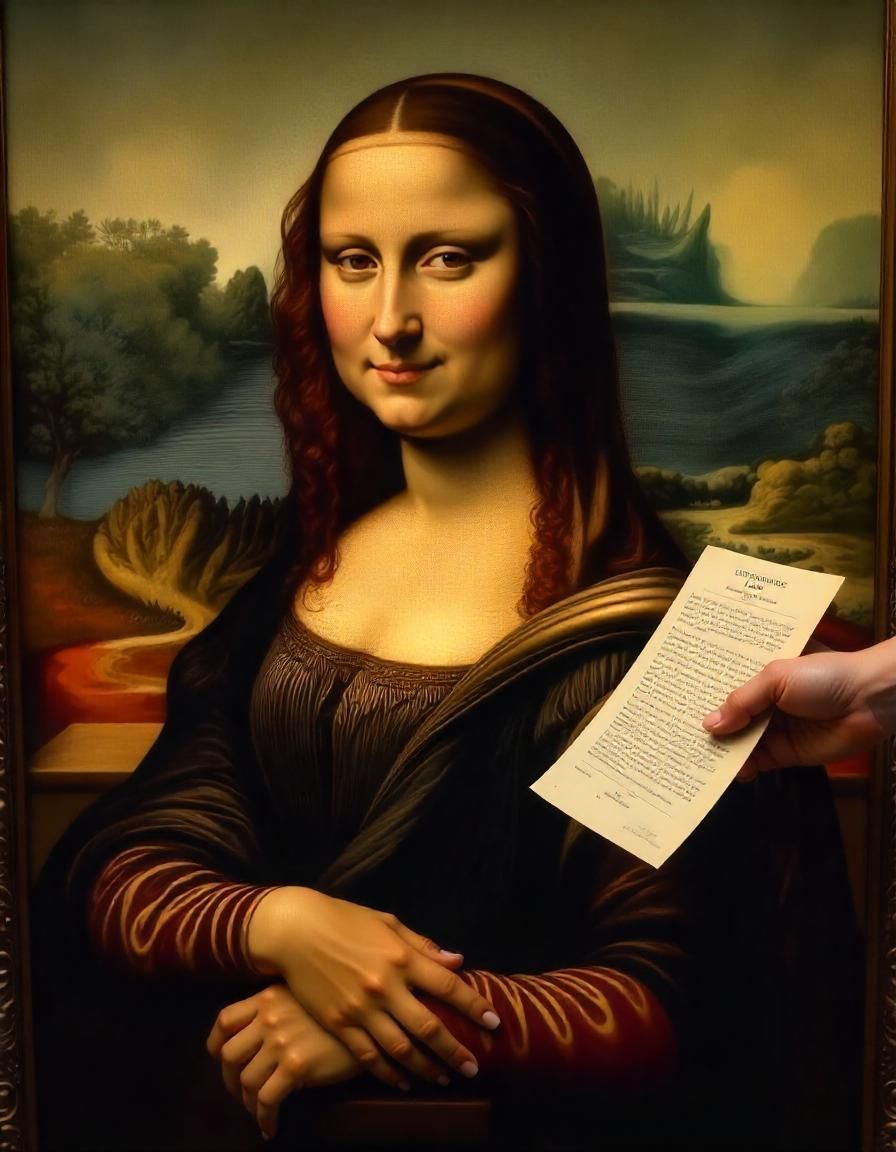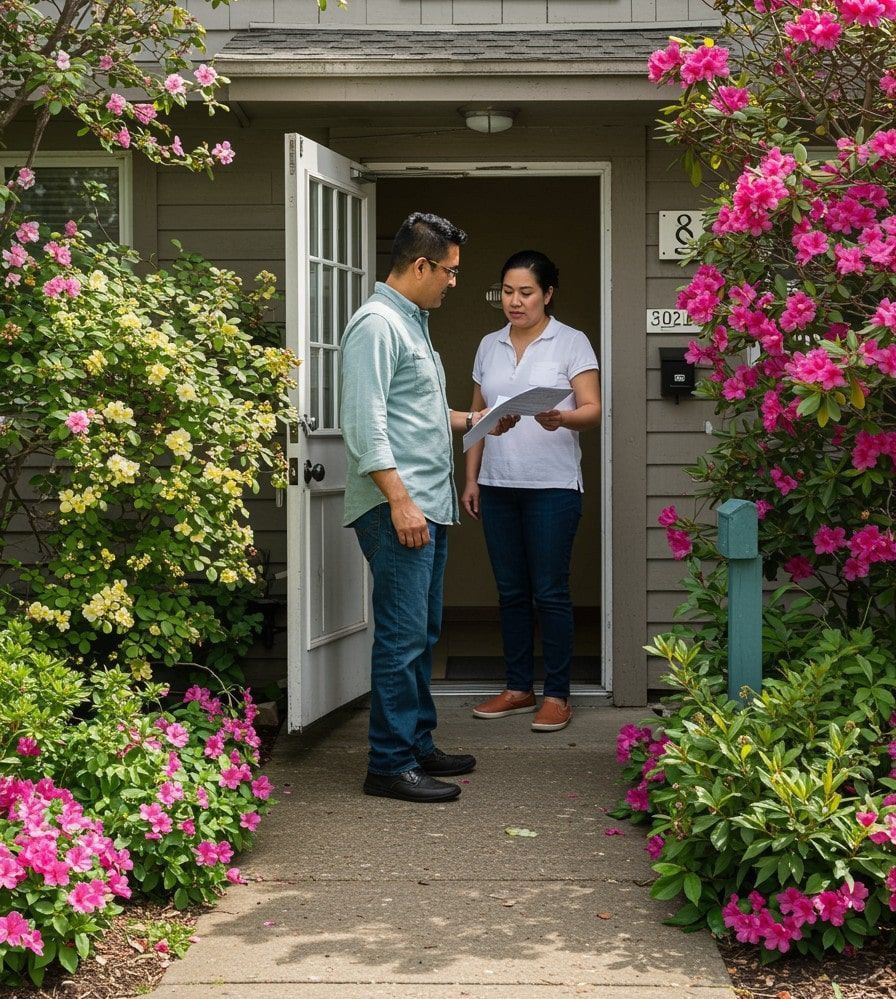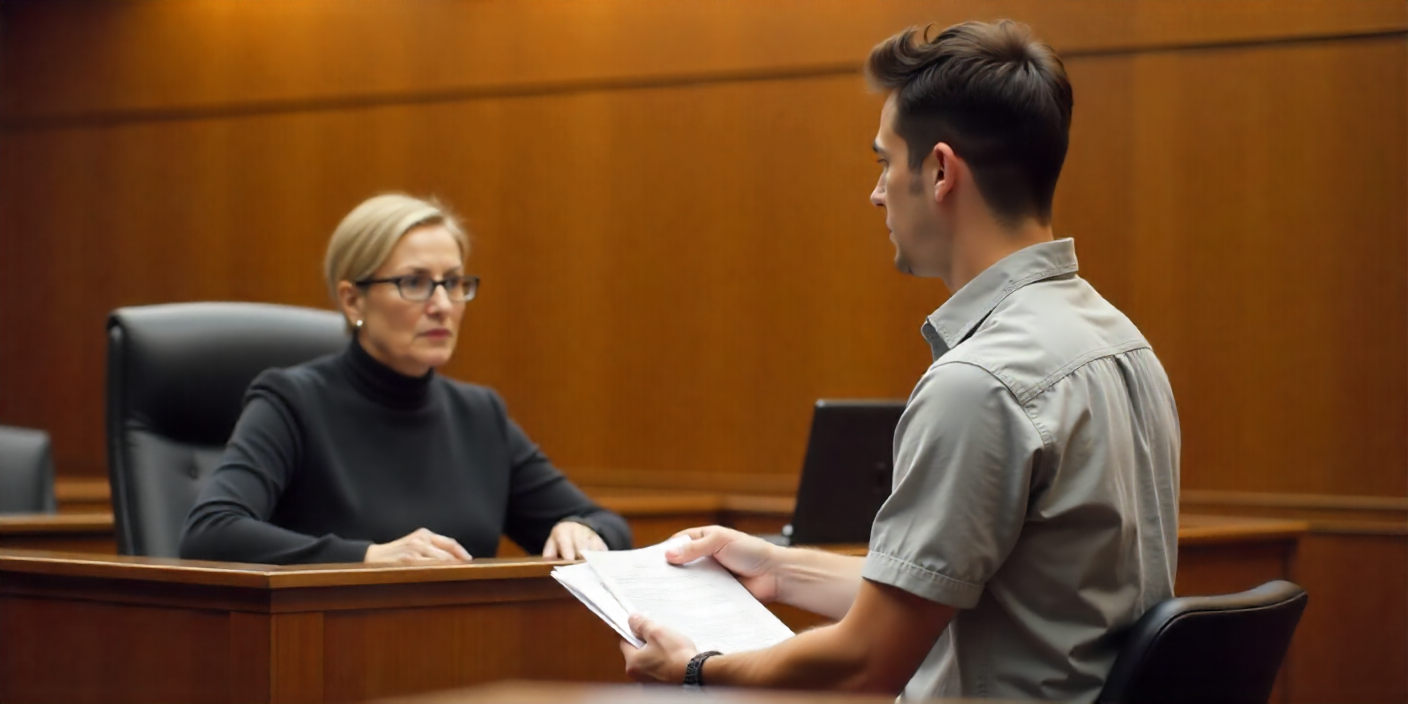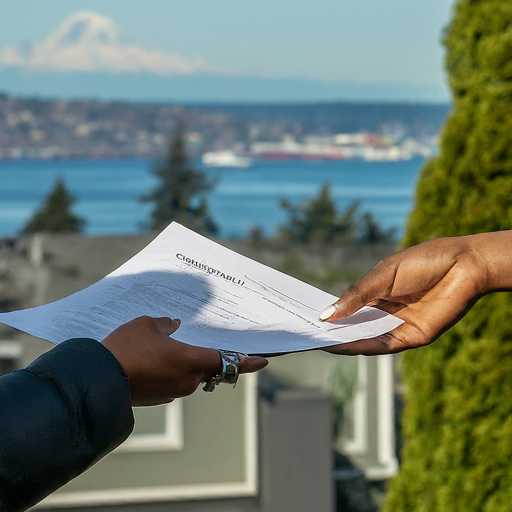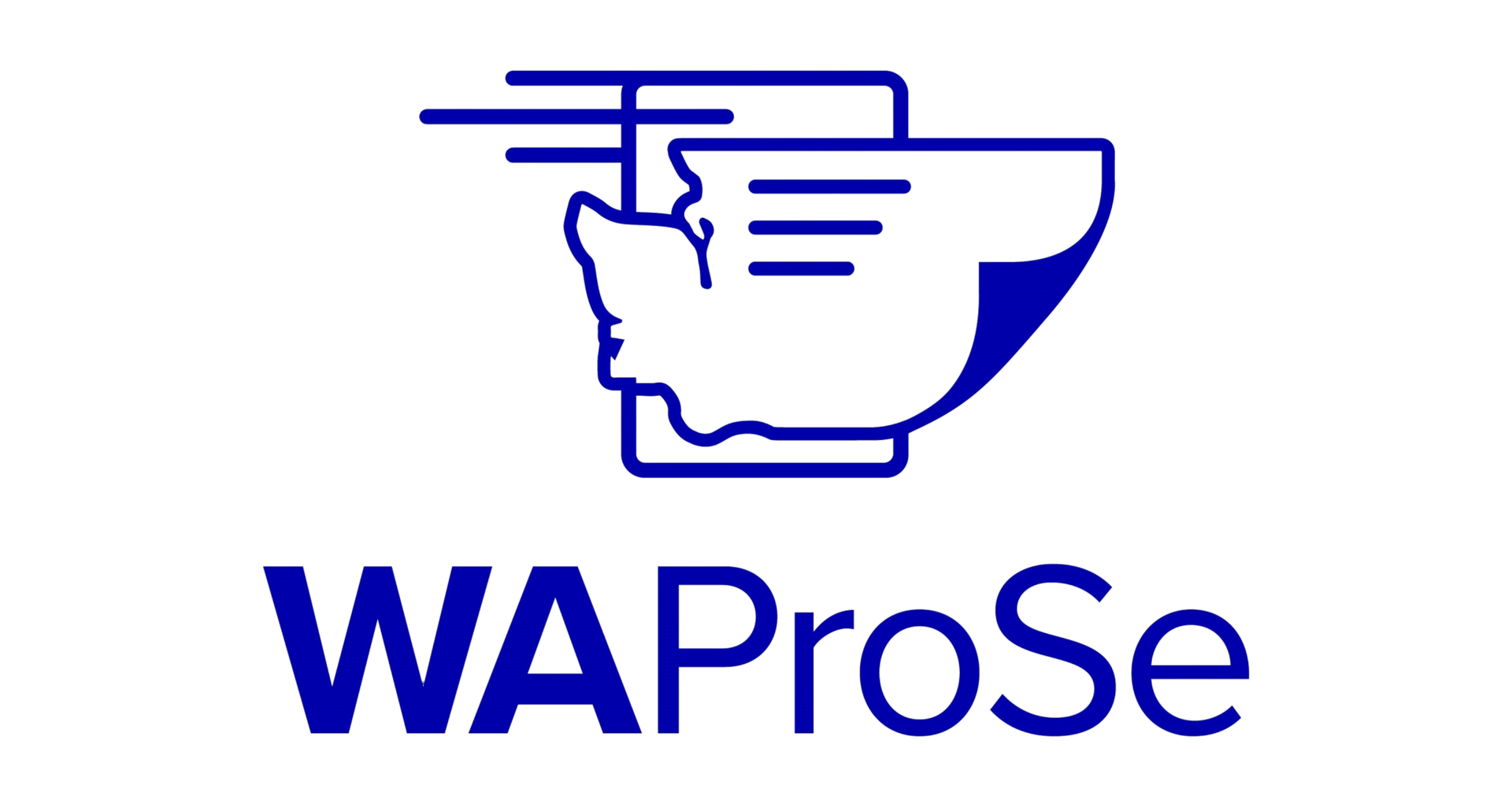Timeline of Process Serving in Law
What is the timeline of process service in history?
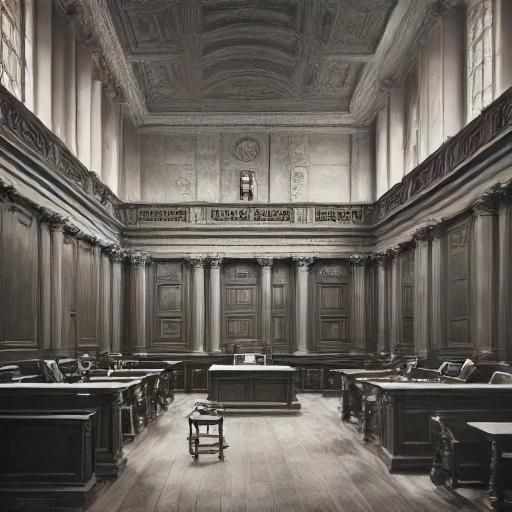
Timeline: Law and Service of Due Process throughout History
1215
- Magna Carta: The concept of due process is established, ensuring no free man is punished without lawful judgment.
1789
- U.S. Constitution Ratification: The framework for the American legal system is created, paving the way for formal processes in legal matters, opening the door to the career of a process server.
1830s
- Emergence of Professional Process Serving: The first process-serving agencies begin to form, recognizing the need for dedicated individuals to deliver legal documents.
1848
- California Civil Code: The first state law requiring personal service of process is enacted, emphasizing the importance of proper notification.
1938
- Federal Rules of Civil Procedure: Adopted to standardize legal procedures, including methods of serving due process across federal courts.
1963
- Expansion of Service Methods: Courts begin to allow service by mail, reflecting the changing communication landscape and the need for efficiency.
1970s
- Technology Integration: The introduction of fax machines allows for quicker communication of legal documents, enhancing the speed of process serving.
1980s
- Court Approval of Alternative Service: Various jurisdictions start permitting service via publication and other non-traditional methods, adapting to modern needs.
2000s
- Digital Communication: The rise of email and electronic notifications starts influencing service of process, leading to debates about the efficacy and legality of these methods.
2010
- Social Media Service: Some courts allow service via social media platforms, acknowledging the shift in how individuals communicate in the digital age. Process servers begin to question the future of their field.
2020s
- Continued Evolution: Ongoing discussions and adjustments in law reflect the complexities of serving process in a technology-driven society, including the implications of remote hearings and digital documentation. Process servers adopt serving legal documents to attorneys, paralegals, and pro se parties via electronic service or e-service.
This history of process server timeline illustrates the evolution of process serving practices, showcasing how legal methods have adapted to societal changes while maintaining the foundational principles of due process.
